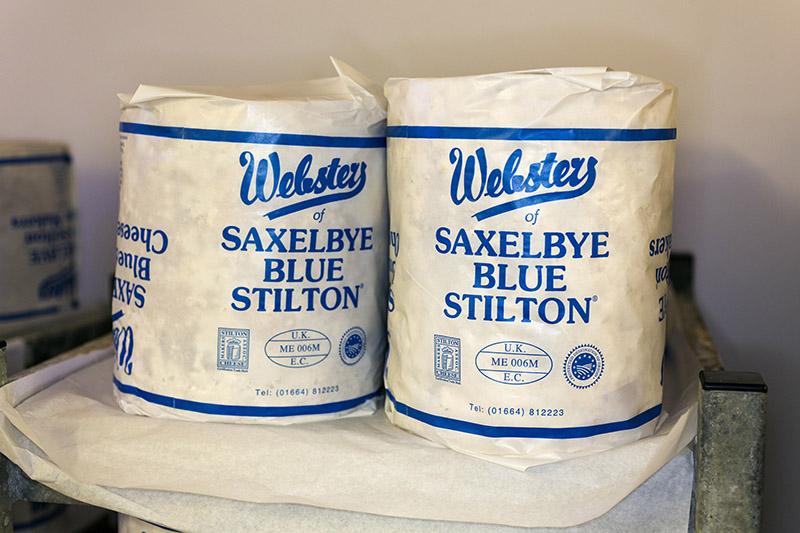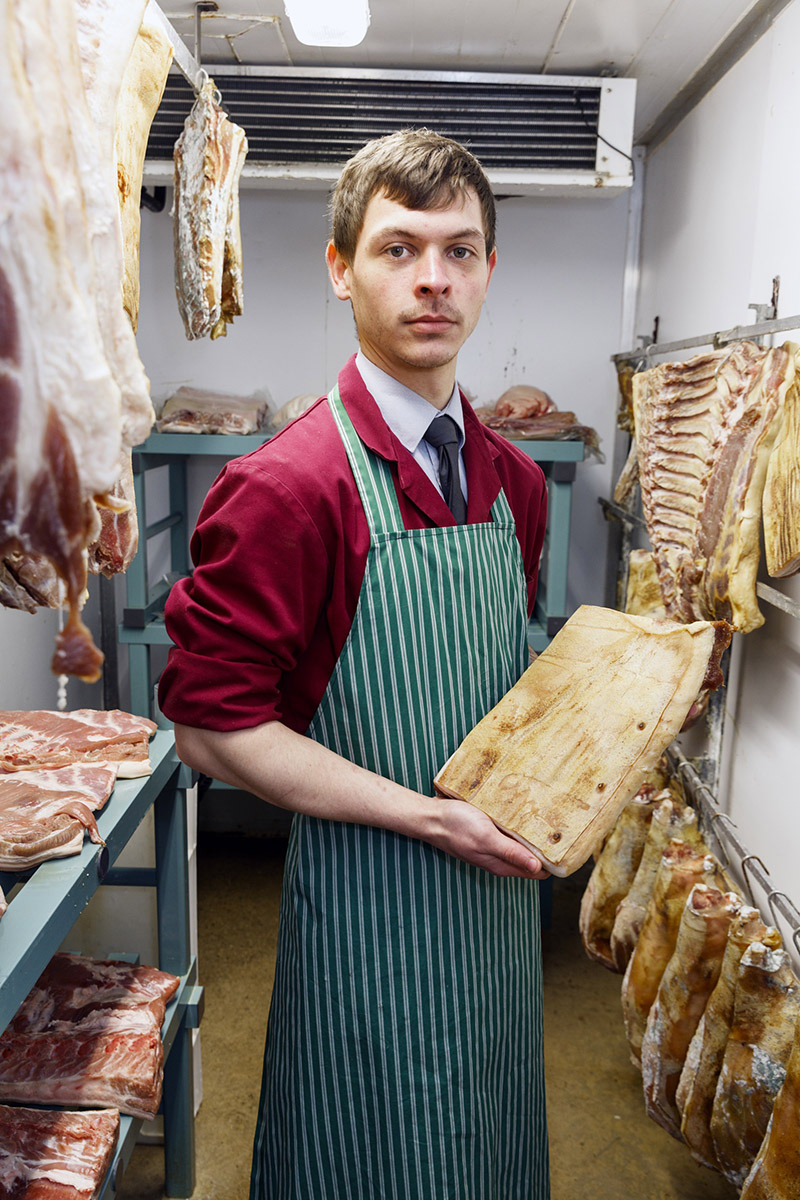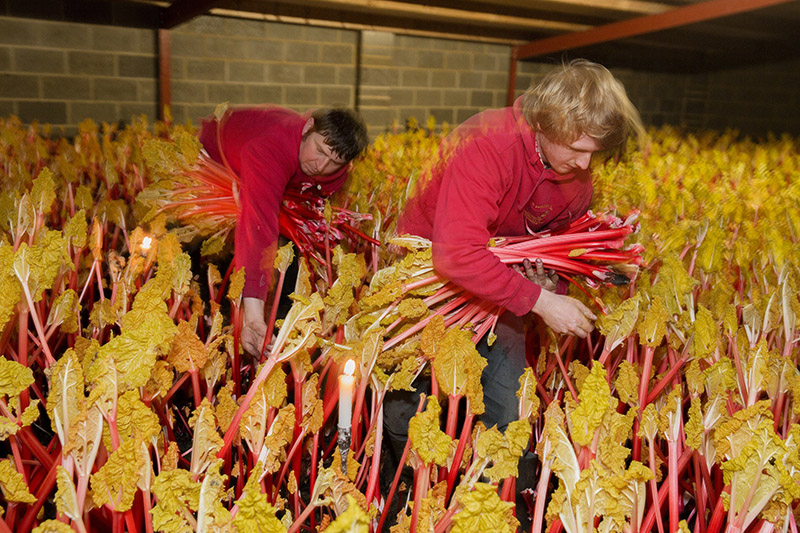
IMAGE: Websters is one of only six dairies that is allowed to make Stilton cheese. Photograph by Martin Parr/Magnum, via The New Republic.
I am both stunned and heartbroken by the UK’s Brexit vote, as well as selfishly angry that my future as a European seems to have been taken away* by a disastrous combination of opportunistic politicians, racist liars, and a nostalgic and under-informed electorate. (*I am also in denial.)
But enough of politics, you say—what about food? Well, as it happens, Tim Lang of City University London and Victoria Schoen of the Food Research Collaborative recently published a paper examining the implications of Brexit for the United Kingdom’s food system. It surveys the extent to which every aspect of food in the UK is intertwined with Europe and EU policy, from imports (the UK relies on continental Europe for forty percent of its fruit and vegetable supply) to labour markets (nearly a quarter of the employees of UK food manufacturing businesses come from elsewhere in the European Union, as well as more than one in ten workers in the food and beverage service industry) to regulations (as Schoen points out, after more than forty years of ever closer integration, EU regulations and standards underpin UK food policy—and thus any decision to leave “would require us to re-inject these processes back into UK law.”)
As with everything to do with this unprecedented and uncertain process, it’s impossible to know how (if?) the disentanglement will occur, and thus which unravelings will be the most disruptive. I would rather not have had to find out.
Meanwhile, one of the thousands of regulations that will require renegotiation is the EU’s “Protected Name Food Scheme”, which guarantees that more than sixty British traditional food and drink specialities can only be produced in their region of origin, using traditional methods. The Protected Name Food Scheme is the means by which European producers ensure that we can’t call any old fizzy white wine champagne or that thinly sliced deli meat can never be sold as Parma ham.

IMAGE: Butts Farm Rare Breeds, which raises and slaughters Gloucestershire Old Spot Pigs using traditional methods, which includes “access to wallows, dips, or showers.” Photograph by Martin Parr/Magnum, via The New Republic.
As Matthew O’Callaghan, chairman of the Melton Mowbray Pork Pie Association (itself one of Britain’s protected foods), explained to the BBC, post-Brexit, the UK will have to enact its own legislation to protect these iconic products internally, as well as negotiate a new trade deal to ensure those protections are respected in Europe. “My fear,” he added, “is that it’s going to get lost in everything else that’s being discussed.”

IMAGE: Forced rhubarb is grown in the dark and harvested by candelight, resulting in stalks that are more slender and tender. (In the dark, the stalks grow so fast that you can hear them squeak and pop.) Photograph by Martin Parr/Magnum, via The New Republic.
In other words, supposing anyone ever takes the final step off the cliff and actually invokes Article 50, it’s entirely possible that in a couple of years’ time, Kentish winemakers will be free to call their sparkling whites “champagne” and, conversely, French cheese makers will be free to market their hard yellow cheeses as cheddar. A 2013 study commissioned by the European Union found that, in general, the Protected Name Food Scheme conveyed considerable benefits to food growers and manufacturers, not least of which is being able to charge substantially more for their product. Without that price premium, it’s hard to imagine foods as labour intensive as Arbroath smokies or forced rhubarb would continue to be produced.
During the run-up to the referendum, the amazing photographer Martin Parr travelled the country to document some of Britain’s protected foods, from the candlelight harvest of Yorkshire’s “Rhubarb Triangle” to Rutland Bitter, a “session” beer made using water and yeast from Rutland Lake. If you are able to face further evidence of Britain’s loss, head over to The New Republic to check out more images from the series.
One Comment
Just a quicky. Anyone can make and market cheddar – it’s only certain geographically specific makes of cheddar eg West Country Farmhouse Cheddar that have protections.